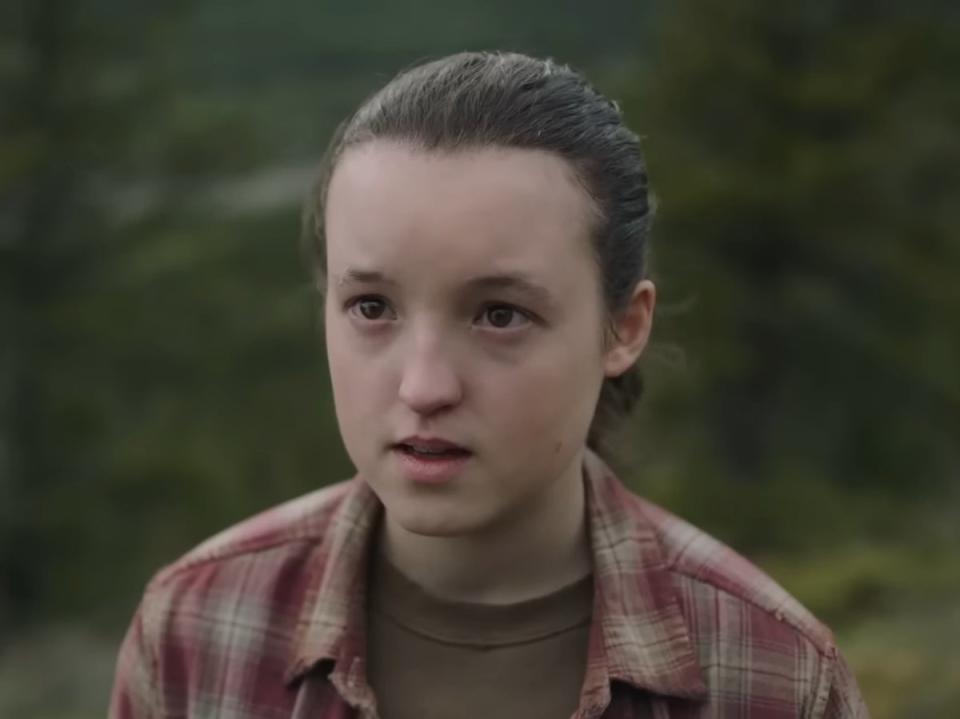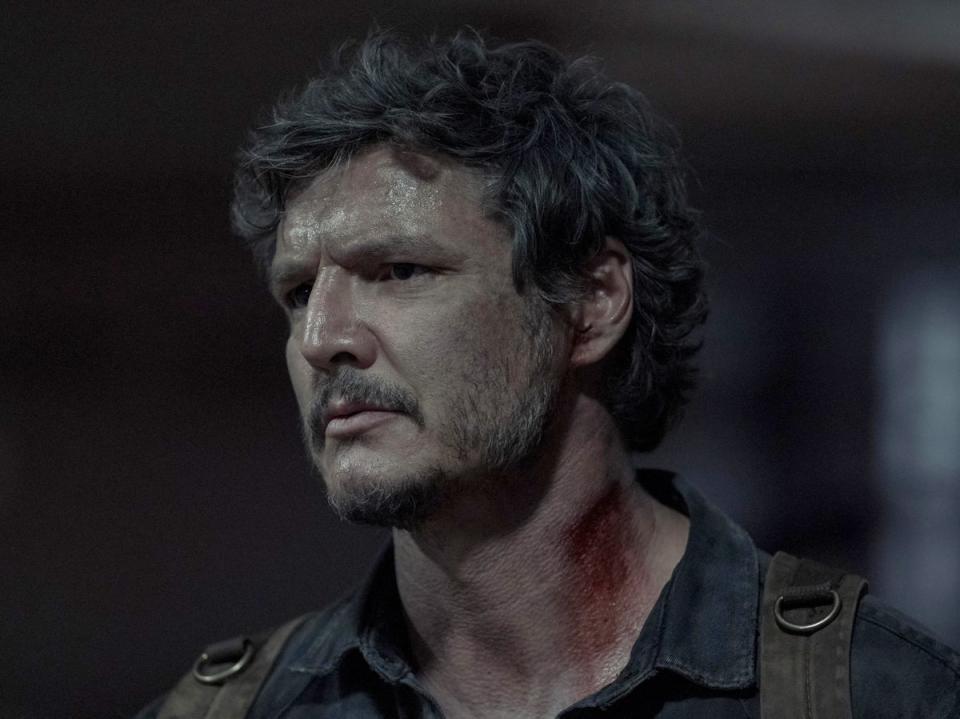The Last of Us creator describes ‘beautiful’ alternative ending of season one
Craig Mazin, the co-creator of The Last of Us, has revealed that the season one finale almost featured a different ending.
The hit HBO series came to an end earlier this month, with an episode that closely followed the conclusion of the 2013 video game it is based on.
Spoilers follow for The Last of Us season one finale – you have been warned!
At the climax of the season, Joel (Pedro Pascal) and Ellie (Bella Ramsey) reach the Fireflies’ hospital, where doctors prepare to operate on her in an effort to find a vaccine for the fungal plague that decimated the world.
After Joel learns that Ellie would not survive the operation, he embarks on a rampage to free her, killing numerous Firefly soldiers and a surgeon.
The episode then ends with Joel and Ellie driving towards Jackson, where Joel’s brother Tommy lives.
Joel tells her that the doctors had been unable to use her to develop a cure, claiming that the hospital was attacked by raiders before they left.
In the final scene, Ellie confronts him about what really happened at the hospital, having been unconscious throughout the carnage.
He insists he was telling the truth, prompting Ellie to respond, “OK”, seemingly willing to believe his story.

In an interview with GQ, Mazin – who created the show alongside Neil Druckmann – recalled an alternative version of the ending that the showrunners almost went with.
“[Episode director Ali Abbasi] had this thought of just playing out this slightly longer, sadder version where Ellie says, ‘okay,’ and then she turns and walks away. And Joel looks after her,” Mazin recalled.
“We see the two of them walking, not really together but apart, down towards Jackson. It lingers and then fades. There was something beautiful about it.”
In the end, they opted to keep the game’s original ending, which finished on a close-up of Ellie.
“Everybody was like ‘what do we do?’” Mazin continued. “And there was that meta-discussion of, are the people that played the game going to be more annoyed that they didn’t get it just the way it’s supposed to be, or are they gonna be more annoyed that they only got what they had before? And then how will everybody else feel?”

“In the end, there’s something very specific about ending on that close-up of Ellie. Not knowing what comes next. Not knowing what she does. Does she walk away from him, does she walk with him, how does she feel? That moment gets suspended permanently.”
The ending drew criticism from some viewers who took issue with Joel’s actions.
In a four-star review of the finale, Nick Hilton wrote: “Some viewers might find that The Last of Us crosses a line in its finale – into a violence that feels unjustified, even in a world of murderous mushroom men. It is typical, however, of the creators’ ambivalence.
“This is a vision of the future where life is both very cheap and very dear, where scores of nameless henchmen might meet their maker to save the life of one girl. It is symptomatic of a show that has been morally capricious, and leaves the inevitable second series finely poised.”
The Last of Us is available to watch in the UK on Sky and NOW.


